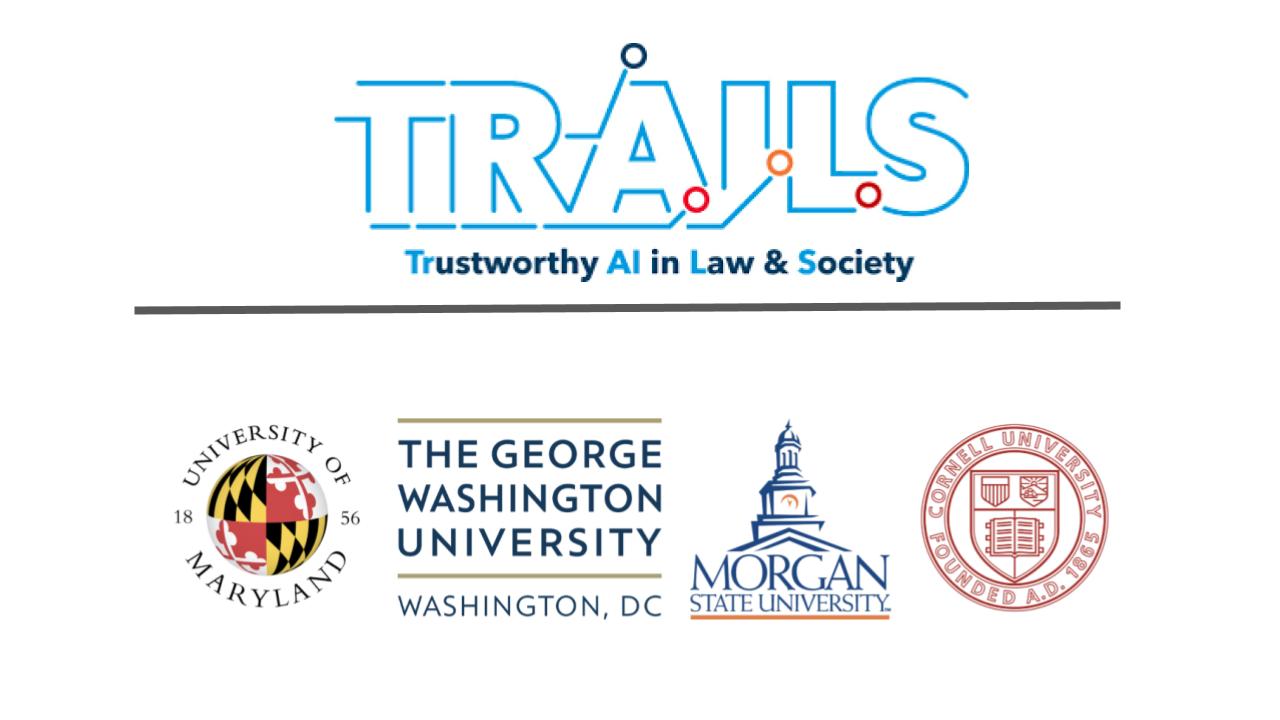The Department of Cyber Security Engineering (CYSE) was established to meet the urgent and growing demand for professionals capable of protecting complex systems at the intersection of the physical and digital worlds.
Building on George Mason’s leadership in engineering and information security, CYSE launched the first bachelor’s program of its kind in the United States, creating a model that integrates cybersecurity into system design from the very beginning. Since then, the department has expanded to include master’s and accelerated degree programs, a thriving capstone experience, and a dynamic research enterprise recognized nationally and internationally.
Source: Website
OnAir Post: CYSE- Cyber Security Engineering Department








